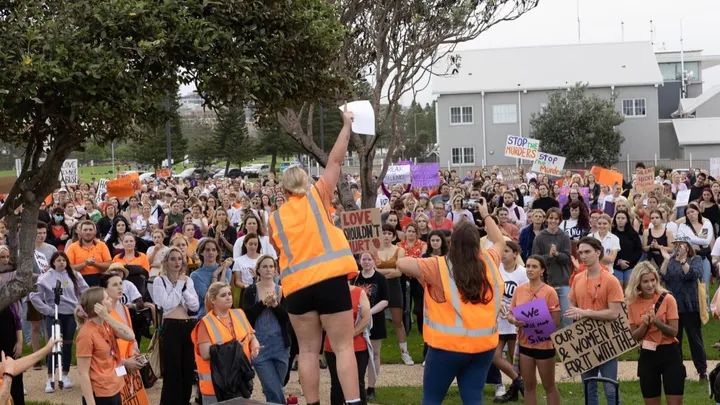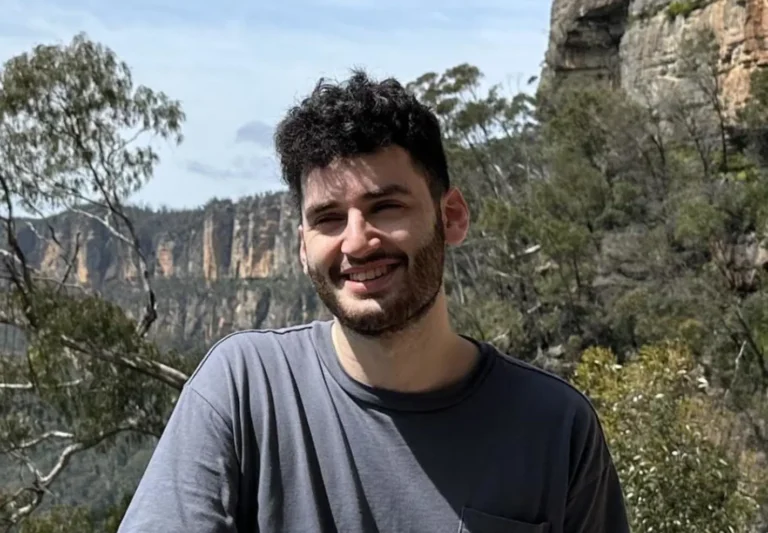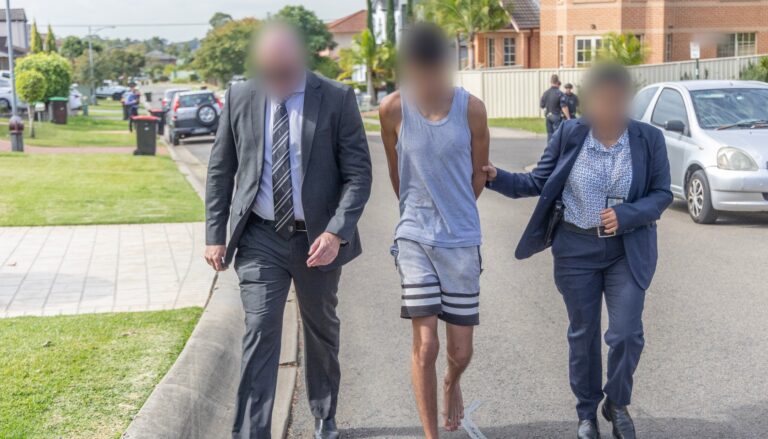
Chalking now a crime

Community activists fear that chalking on footpaths could become illegal if proposed new laws are adopted by the NSW Government.
Six months ago, NSW Roads Minister Duncan Gay ordered the removal of the Oxford St rainbow crossing in the heart of Sydney’s gay district. This action led to unprecedented numbers of locals chalking rainbow flags on the city’s footpaths in protest.
The NSW Attorney-General’s amendment to the Graffiti Control Act proposes to make an offence of chalking on public footpaths, roadways or parks without obtaining consent of the owner – in this case local or state government bodies.
At the recent opening of the Eternity Playhouse in Darlinghurst, Lord Mayor Clover Moore argued the amendment was introduced in response to the chalking of rainbows. Ironically, the theatre is named after the renowned chalk artist Arthur Stace who is credited with chalking “Eternity” on Sydney footpaths more than 500,000 times.
Under the new laws, police would be armed with unprecedented powers of discretion in pressing charges against offenders for the apparently serious crime of chalking.
State Greens MP David Shoebridge warned that discretionary police powers could be used to target certain community groups.
“Allowing a discretion in the police to apply tougher sanctions to one group in the community and perhaps not to another is a very poor way of structuring our criminal laws,” he said.
“Discretionary police power can be wielded to particularly focus on disadvantaged groups – young Aboriginal kids, young kids from low socioeconomic backgrounds and kids who are otherwise being targeted by police.”
NSW Attorney-General Greg Smith claims that chalking on footpaths and roads is not an issue and the amendment creates an aggravated offence covering graffiti that cannot be easily removed.
“We have just created an aggravated graffiti offence to cover graffiti which cannot be removed by water or detergent,” he said. “These are the types of offences the community is concerned about, not chalk marks on a footpath which wash off at the next rain.”
However, Mr Shoebridge stressed that the State Government not only created an aggravated offence, but also extended the primary offence to make it a crime to chalk anything in public without seeking consent of the owner.
“It’s true that the government has created an aggravated offence but in doing so they have also extended the primary offence,” he said. “The primary offence is leaving any mark which can be seen from a public place without the consent of the owner.
“They’ve expanded that to make an offence to chalking anything in public.”
James Brechney, organiser of the DIY Rainbow movement that witnessed members of the community chalking rainbows, said he was disappointed with the move.
“It’s definitely a wild coincidence that temporary markings like chalk will now be included in the Graffiti Control Act,” he said.
“It’s worth noting that this campaign was in response to the same government’s actions in removing the Oxford St rainbow crossing – whether it’s directly the reason we’ll probably never know, but it’s disappointing either way.”
State Sydney MP Alex Greenwich said graffiti laws would need to be modified to protect street art and ensure public commentary was not criminalised.
“I don’t believe the changes are intentionally an assault on rainbow chalking but I told parliament we need to fine tune graffiti laws to prevent street art and public commentary that the community supports becoming criminal actions,” he said.
Contemporary painter and graffiti artist Anthony Lister warned that the amendment would erode Australia’s creative culture.
“It’s just one more nail in the coffin which is the culture that Australia is living in right now,” he said. “The creative culture is dying thanks to legislation like this.”
The High Court may overturn any prosecution for political chalking.
Stephen Blanks, Secretary of the NSW Council for Civil Liberties said: “I think there’s a significant risk that the High Court would say writing a political message in chalk is a reasonable exercise of the right to free speech which is guaranteed in the Australian Constitution.”
“As a society we need to be able to tolerate minor behaviour which doesn’t cause any permanent marks – we shouldn’t be resorting to the criminal law to solve problems of this kind.”









